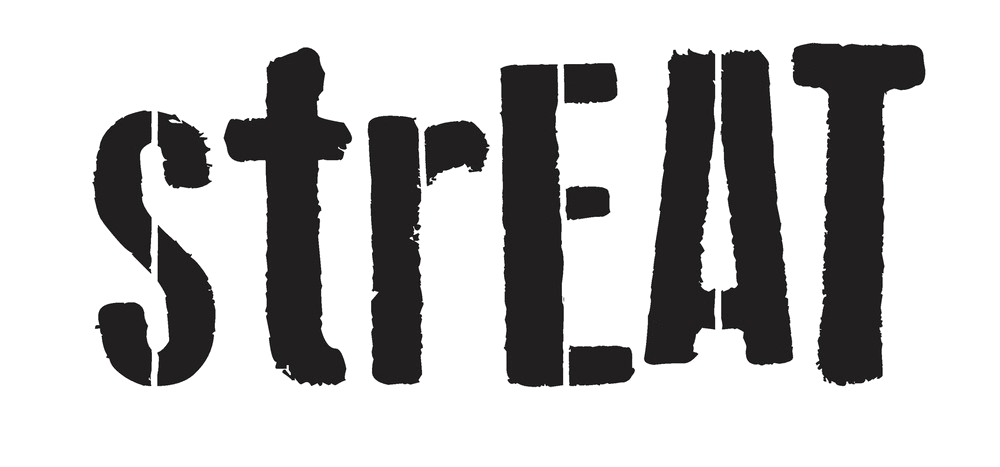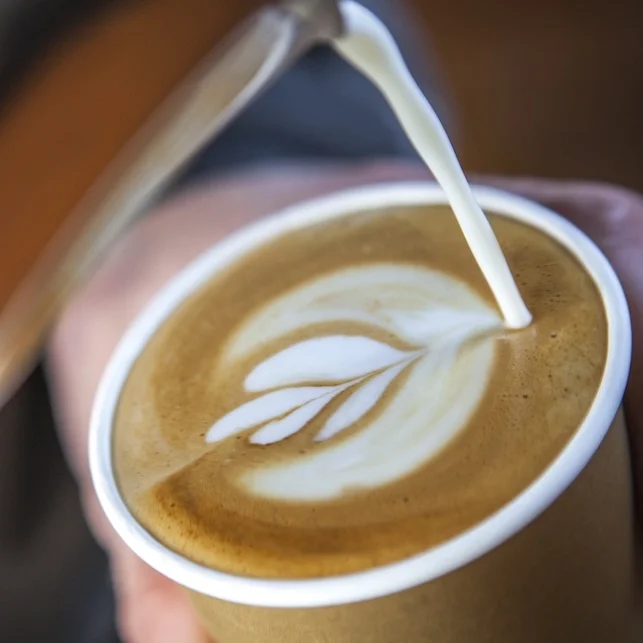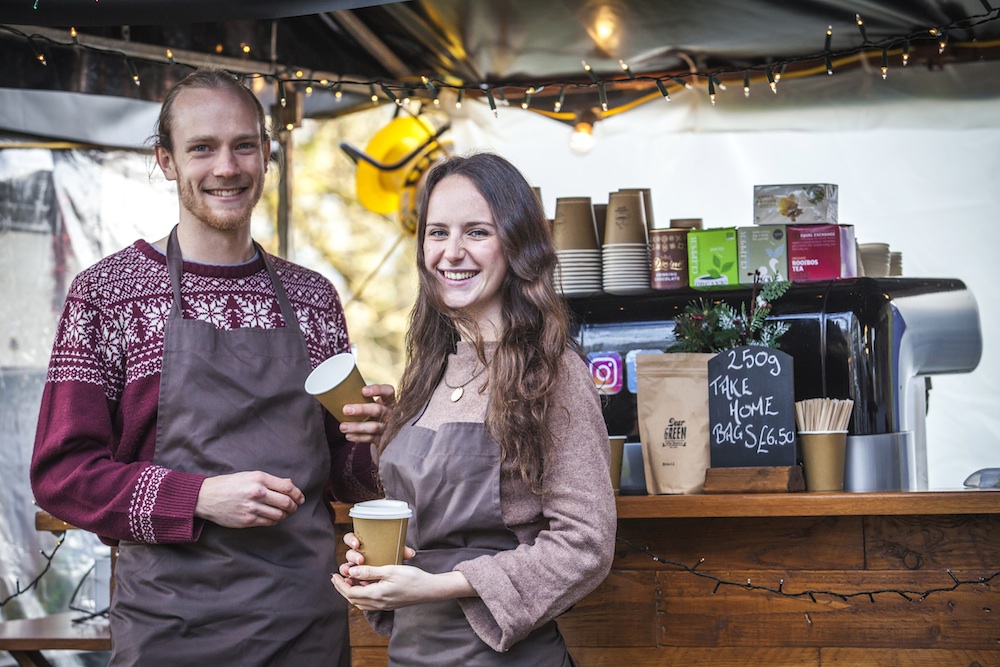Coffee Makes The World Go Round?
Today marks Earth Day, a celebration of our planet and an occasion for people to come together to promote initiatives to safeguard it. At StrEAT Events, we are seizing this opportunity to talk about sustainable coffee consumption.
With the increasing popularity of food trucks we are also seeing an emergence of niche mobile coffee trucks. These businesses are putting wheels on the independent coffee trade, bringing with them quality, expertise and a growing ethical consciousness.
We caught up with Marcel from The Common Grind, one of Scotland’s pop-up speciality coffee companies, to understand how they are tackling the environmental issues surrounding the consumption of coffee.
Take-away cups are lined with plastic, which makes them non-biodegradable and out of the 2.5 billion used annually in the UK only 1% are actually recycled.
We asked Marcel how they tackle the waste resulting from coffee drinking. “At our events, we use only compostable packaging (Vegwear) that can be broken down naturally even if it goes to landfill. After some events we see our cups piled up in general waste bins as there often aren’t recycling facilities provided for visitors, so knowing that the cups and lids we use will eventually become worm-food is comforting.”
The Government set out a plan to introduce a 25p “latte levy” on disposable cups and set a target for all coffee cups to be recycled by 2023 with the recommendation that coffee chains promoted the use of reusable cups by rewarding customers. The Common Grind also takes part in this initiative by giving a small discount to customers who bring their own cup.
For Marcel, having a positive social and environmental impact is equally as important as being a financially sustainable business.
Most of us regularly consume coffee: for breakfast, whilst commuting, on a coffee break or simply for pleasure. Americano, latte, cappuccino, mocha, espresso – within seconds the coffee flows in all its creamy and aromatic glory. However, few know where coffee comes from and how it is produced.
““By drinking coffee, we can often be contributing to significant negative social and environmental impacts. So it is very important that our coffee is grown and manufactured ethically and with environmentally friendly techniques,””
Coffee is such a valuable and essential good for both exporting and importing countries that its production requires regulations to ensure it is done in the most sustainable and ethical way and no worker gets exploited on the way from the plant to your favourite mug.
“We always ensure that our coffee suppliers are sourcing their green beans from farms where workers are paid fairly and treated well and whenever we can, we also try to ensure that the coffee we use is from organic farms.”
The Common Grind use only speciality grade coffee sourced from farms where sustainability is the central part of their ethos. This is ensured by the close relationship they keep with their suppliers based in Scotland, like The Gatehouse Coffee Roasters in Paisley, who import and roast coffee.
“It’s important to trace back the coffee production chain because a lot of pressure is placed on farms to neglect their social and ecological responsibilities - as well as quality - to produce coffee at a cheaper price. By knowing that our supply chain isn’t placing this sort of pressure on coffee plantations owners and that they are paying them a price that allows them to produce coffee responsibly, we are ensuring we have a sustainable impact.”
Marcel explains that it’s fairly easy to find out if the importer places importance on the traceability of their coffee and roasteries are able to inform their customers about the origin of their coffee. “Many speciality coffee roasters in Glasgow use Falcon Coffees who have a positive social and environmental focus, so we’re quite happy when we hear it’s been imported by them.”
The success of street food could be a springboard for increased sustainability according to Marcel.
““If there is pressure placed on traders to ensure their environmental impacts are well managed, suitable waste facilities are provided, and some sort of alternative is found to producing power, then there is a huge opportunity for street food to be more sustainable. The kind of traders at street-food events are also more open to being more considerate of their impacts.””
The Common Grind is also a social enterprise, currently working on a barista training course with The Gatehouse Coffee Roasters and Kibble. “It will provide young people with employment barriers the opportunity to learn barista and other catering industry skills. We are also on the lookout for a more permanent spot for one of our coffee bars from which we can then open up job opportunities for said young people.”
So do the Earth (and yourself) a favour by getting a delicious and most of all sustainable coffee today!
To learn more about Earth Day and initiatives visit:
Earth Day Website: https://www.earthday.org/
To stay up to date with The Common Grind at events & on social:
Appearing Next:
13th May @ Gourock Highland Games
18th- 20th May @ The Scottish Street Food Festival
Facebook: The Common Grind
Instagram: @thecommongrind
Twitter: @commongrinduk
Website: https://thecommongrind.com/
#strEATtalk is our narrative series that shines a spotlight on Scotland's culinary scene, focusing on the journeys and stories of up and coming food innovators. Follow #strEATtalk as we get to know the people who are making our nation taste better!







